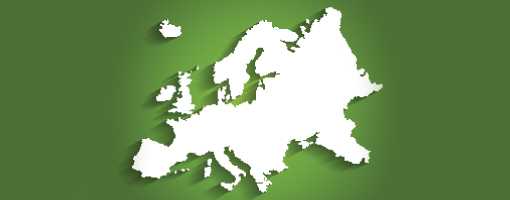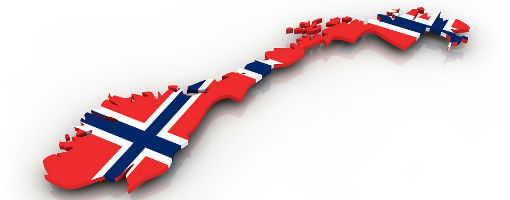The average Dutch funding ratio rose to 114 per cent over February up from 110 per cent at the end of January, according to Aon Netherlands.
Its monthly Pension Thermometer also revealed that the average policy funding ratio, based on the funding ratio over the past 12 months, rose to 110 per cent in February.
Aon said that over the month equities, corporate bonds and emerging market debt (EMD) suffered setbacks. However, interest rates rose sharply because of the expectation that the European Central Bank (ECB) could implement an interest rate hike faster than priced in, just as the American Central Bank (FED) has announced. As a result, the decrease in liabilities was larger than in investments, which had a positive effect on the funding ratio.
The biggest reaction in the markets was particularly visible in the commodity markets, where the price of oil and especially gas rose sharply and investments in commodities rose 8 per cent in value. Developed and emerging market equity markets fell by about 3 per cent, as did listed real estate.
Higher interest rates and increased credit risks resulted in negative returns on corporate bonds (-2.5 per cent), high yield (-2.5 per cent) and emerging debt (-4.5 per cent). Long-term interest rates rose, causing the entire fixed-income portfolio to fall by almost 6 per cent. Overall, the portfolio achieved a negative result of approximately 3.5 per cent.
Interest rates rose sharply in February. For example, the 30-year swap rose 0.3 per cent. The higher interest rate has a negative effect on the value of the liabilities. On balance, liabilities decreased by 5.5 per cent.
“Although the funding ratio has improved somewhat as a result of the rise in interest rates, there is sufficient cause for concern for the effects of an even further escalation of the situation in Ukraine in the coming months.
In recent months, it has already become clear how dependent the funding ratio is on market developments. One negative month can already cancel out the recovery of the funding ratio and thus negatively affect indexation possibilities, given the relaxation of the indexation rules that must come into force this year,” Aon warned.
Latest News
-
More than one million Dutch retirees given pension increase since transition
-
I&P Denmark restructures following pensions director departure
-
Just Group underlying operating profit falls by 39%
-
News in brief: 27 February 2026
-
Sweden's AP3 reports 'record high' fund capital of SEK 577.1bn in 2025
-
NBIM ‘aiming to be a leader’ in managing climate change risks and opportunities
Podcast: Stepping up to the challenge

In the latest European Pensions podcast, Natalie Tuck talks to PensionsEurope chair, Jerry Moriarty, about his new role and the European pension policy agenda
Podcast: The benefits of private equity in pension fund portfolios

The outbreak of the Covid-19 pandemic, in which stock markets have seen increased volatility, combined with global low interest rates has led to alternative asset classes rising in popularity. Private equity is one of the top runners in this category, and for good reason.
In this podcast, Munich Private Equity Partners Managing Director, Christopher Bär, chats to European Pensions Editor, Natalie Tuck, about the benefits private equity investments can bring to pension fund portfolios and the best approach to take.
In this podcast, Munich Private Equity Partners Managing Director, Christopher Bär, chats to European Pensions Editor, Natalie Tuck, about the benefits private equity investments can bring to pension fund portfolios and the best approach to take.
Mitigating risk
BNP Paribas Asset Management’s head of pension solutions, Julien Halfon, discusses equity hedging with Laura Blows
© 2019 Perspective Publishing Privacy & Cookies








Recent Stories